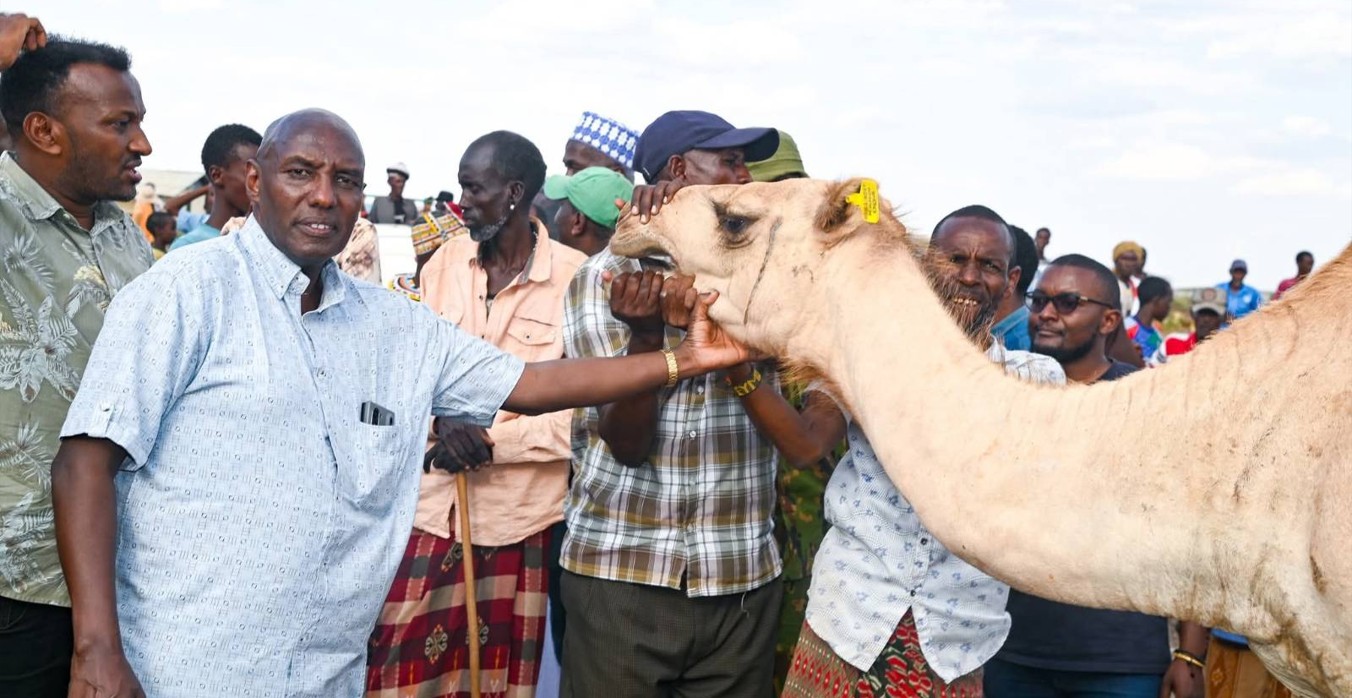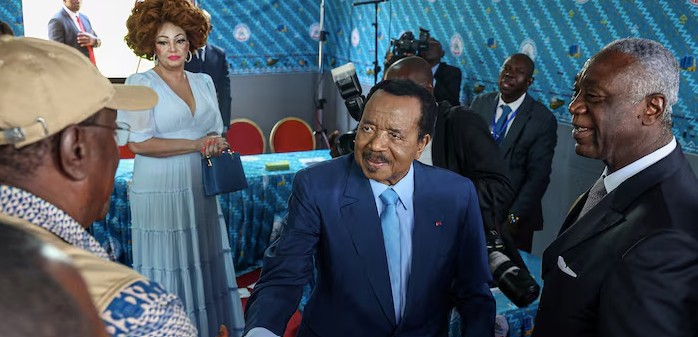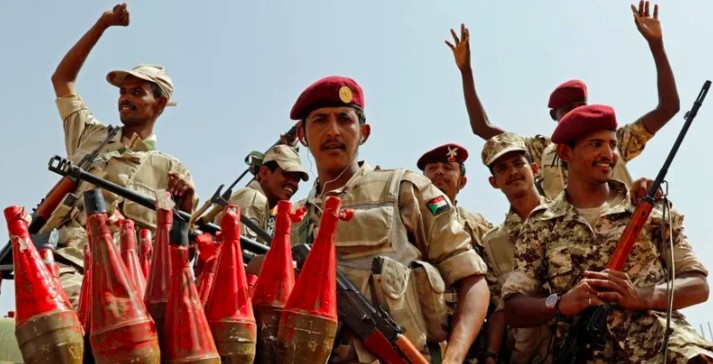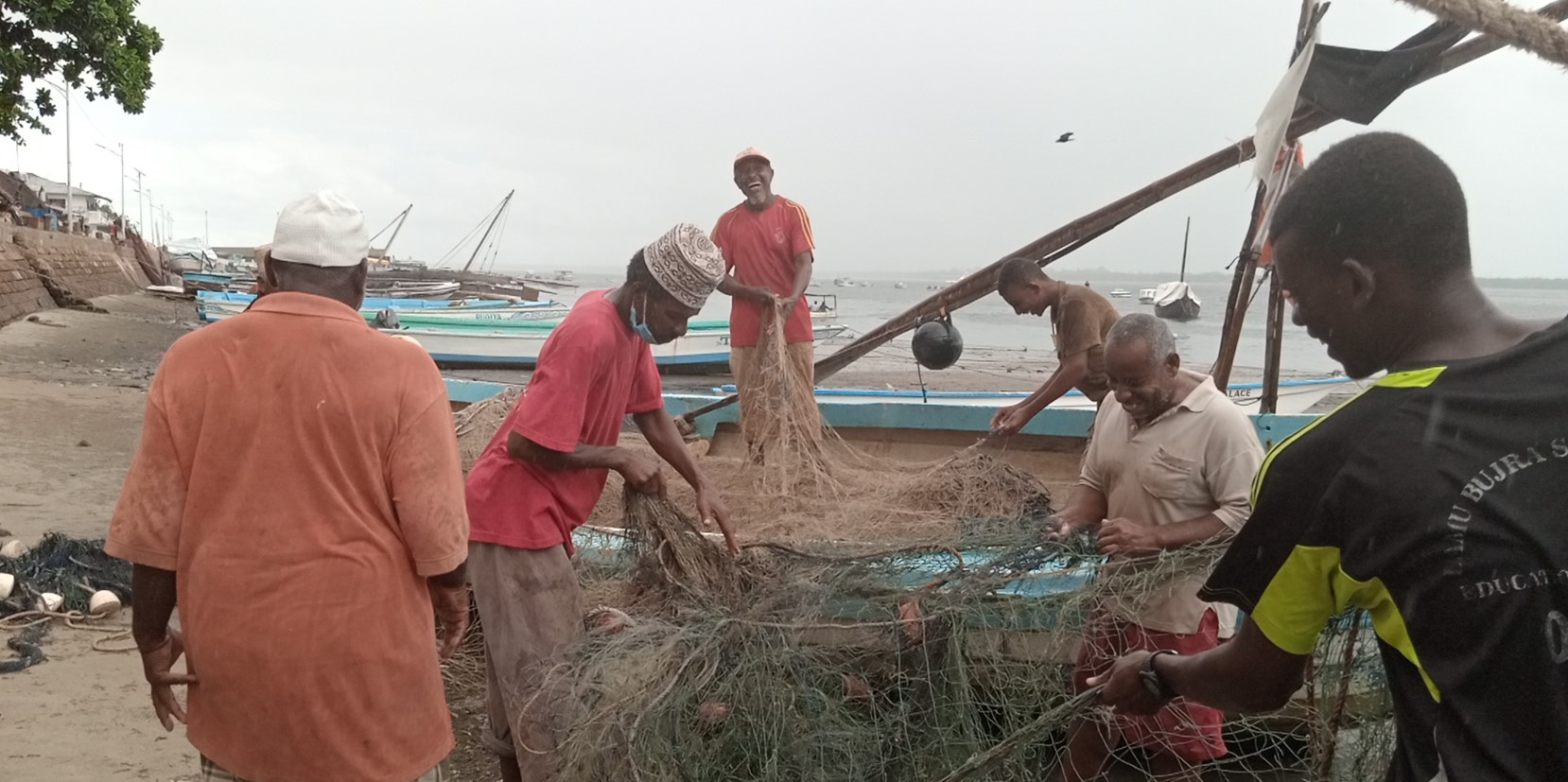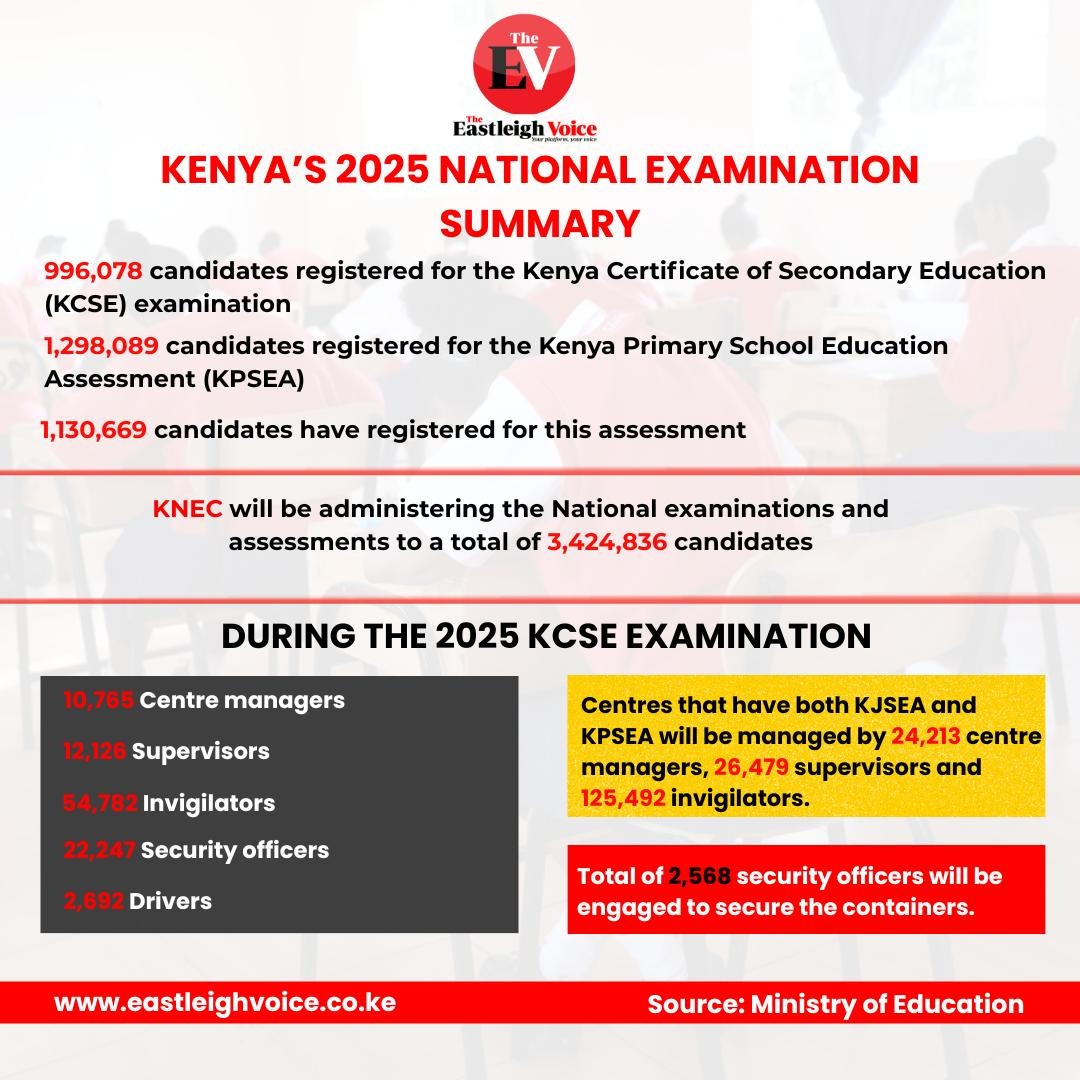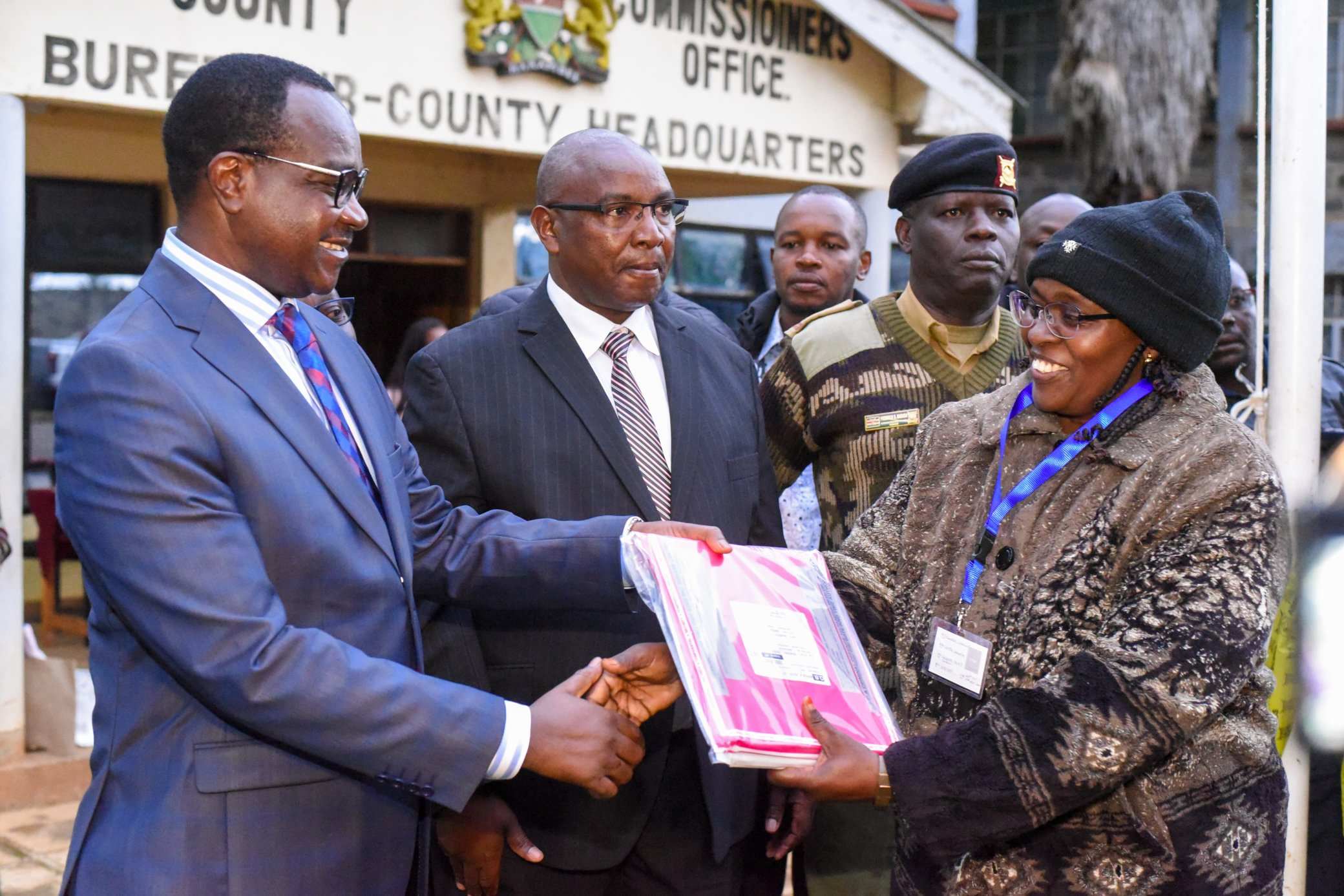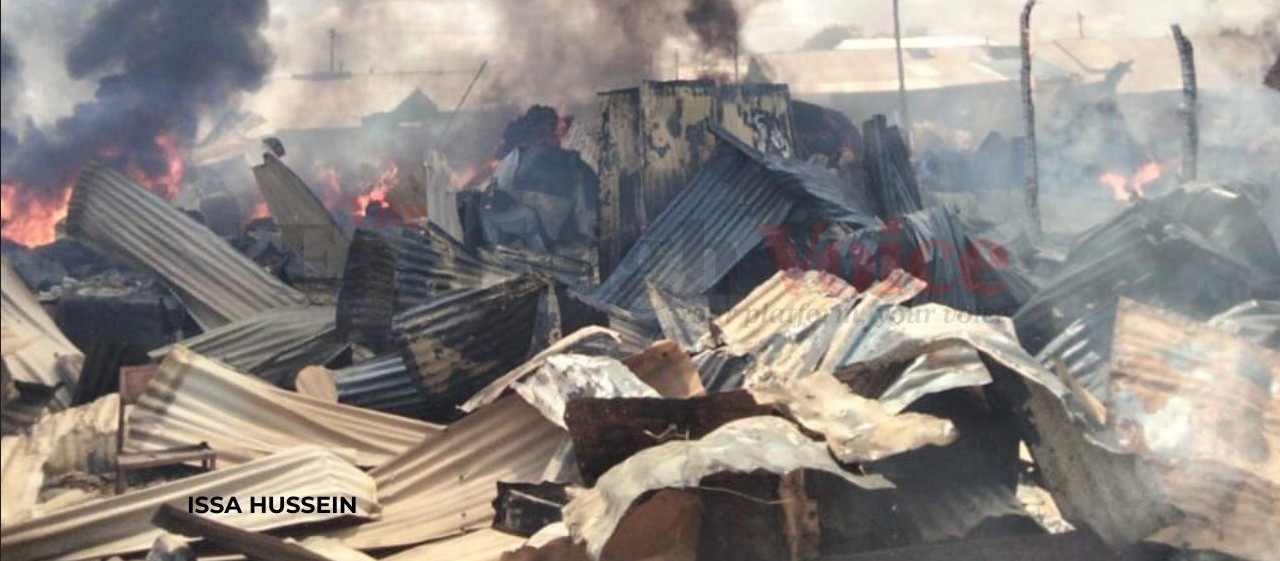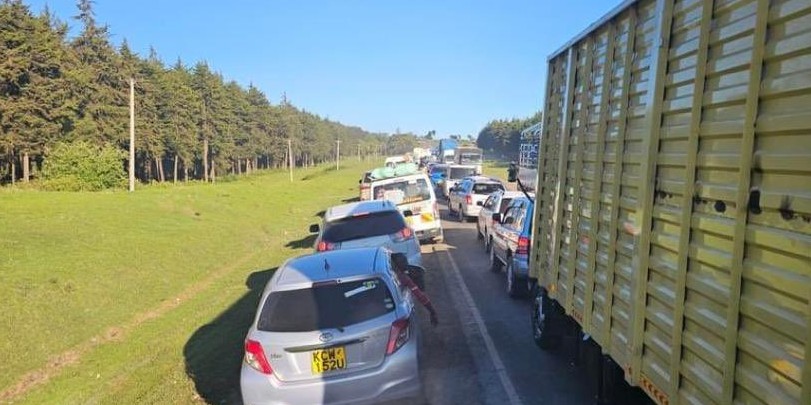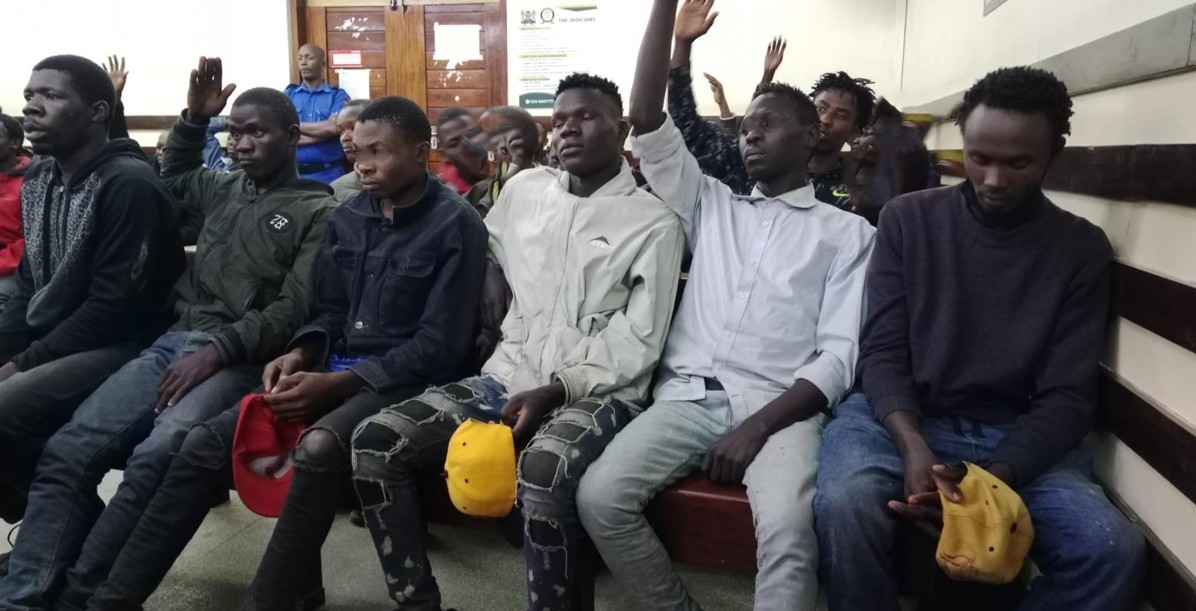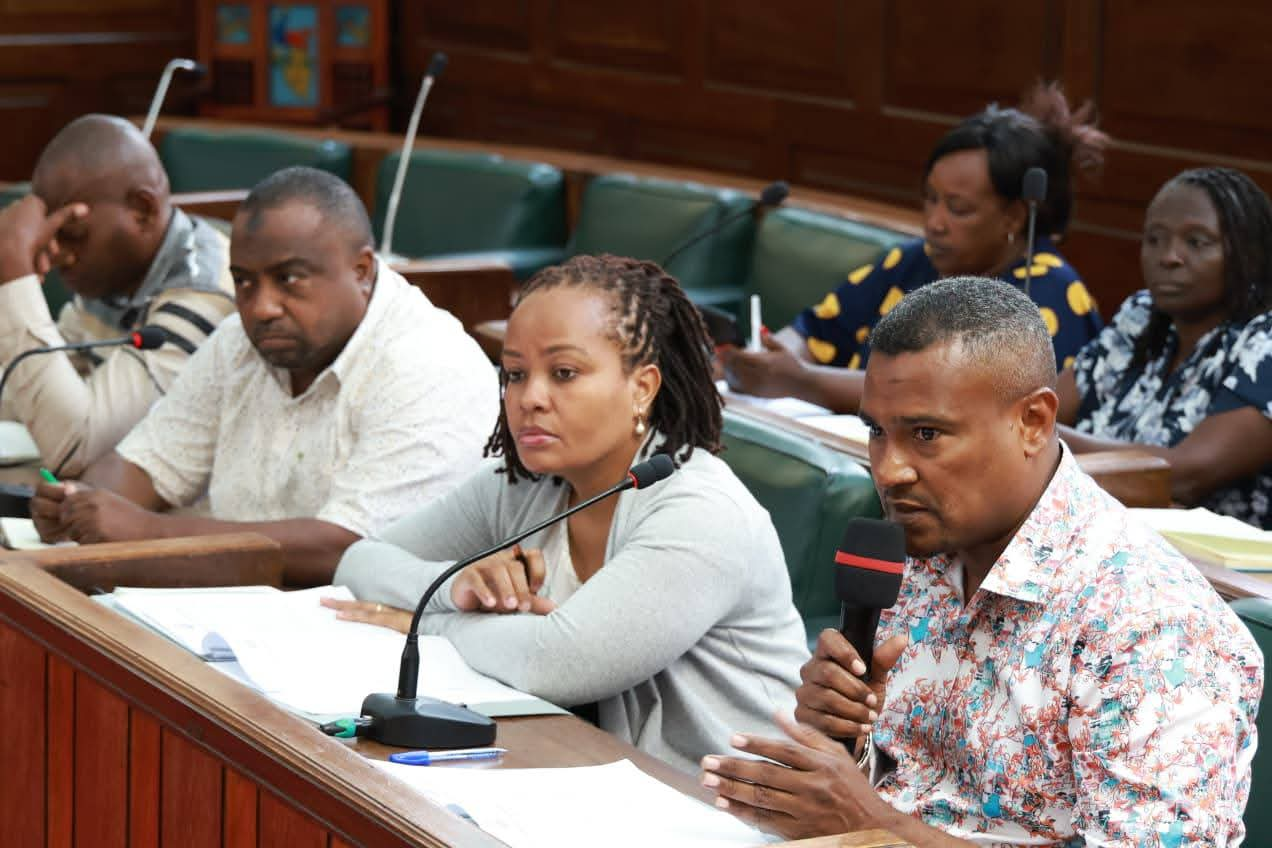Kenya on UN radar after ignoring letters on human rights abuses
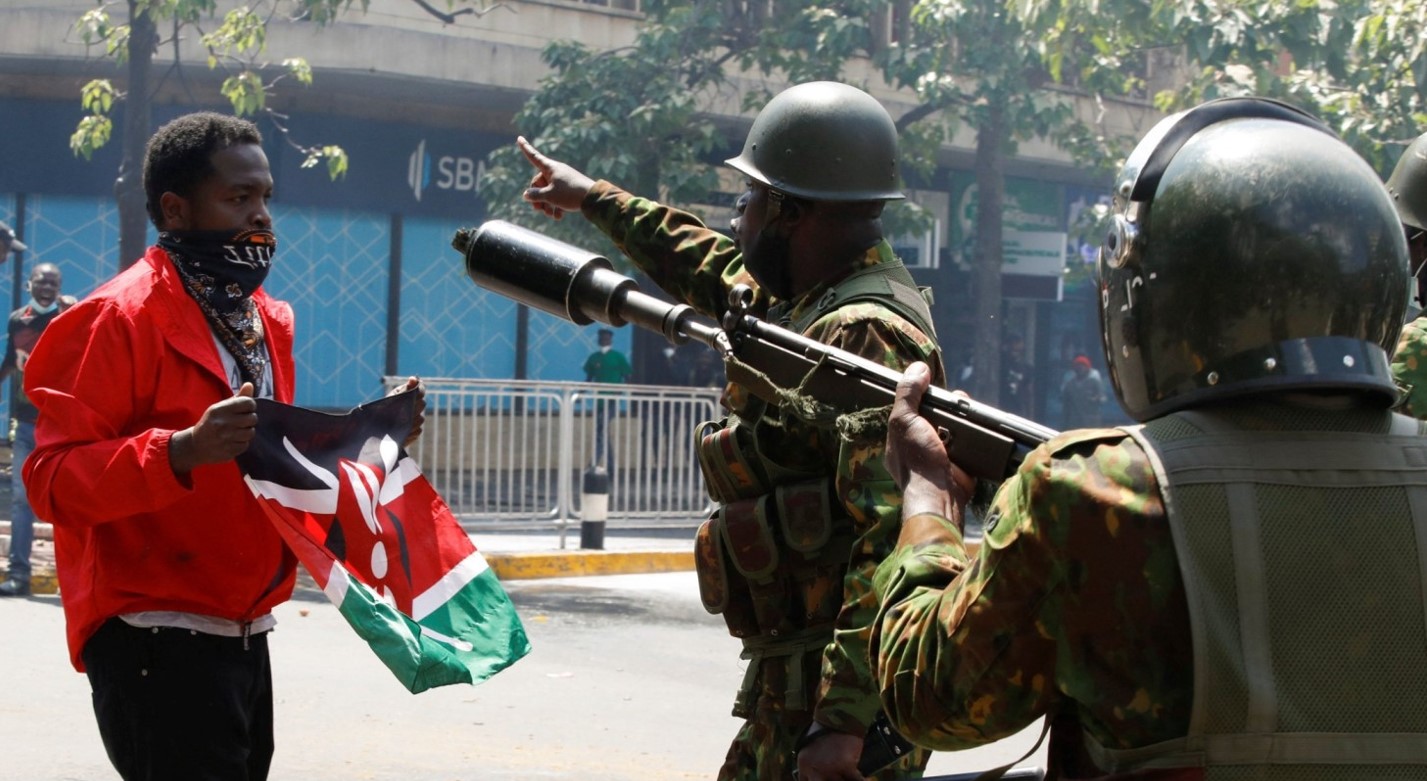
UN Special Rapporteur on HRDs Mary Lawlor expressed frustration over the government’s silence, warning that continued non-response could prompt the UN to publicly raise concerns over the alleged violations.
Kenya faces potential sanctions, including cuts to international aid, after failing to respond to two official letters from the United Nations (UN) Special Rapporteur on Human Rights Defenders (HRDs) regarding allegations of abductions, enforced disappearances and violent crackdowns on protestors opposing the Finance Bill 2024.
UN Special Rapporteur on HRDs Mary Lawlor expressed frustration over the government’s silence, warning that continued non-response could prompt the UN to publicly raise concerns over the alleged violations.
More To Read
- Tanzania denies Amnesty report linking government to enforced disappearances, torture
- Civil society groups warn restrictive laws forcing millions into unsafe abortions in Africa
- Three years of William Ruto: The successes and failures shaping his legacy as president
- KHRC, civil rights organisations highlight governance failures on Katiba Day
- Leaders at Devolution Conference raise alarm over suppression of dissent, rights violations
- East Africa Law Society relocates 30th annual conference from Zanzibar to Addis Ababa
On October 1, 2024, she wrote to the Kenyan government seeking information on arbitrary arrests, detentions, deportations and prosecutions of human rights defenders. Her letter also sought clarity on excessive force used against citizens, including those who stormed Parliament on June 25, 2024, during protests against the Finance Bill 2024, which introduced punitive taxation measures.
“The letters sought to bring to the attention of your Excellency’s Government information we have received concerning alleged violations of human rights defenders, media, and civil society,” Lawlor said.
She then sent a follow-up letter on August 5, 2025, concerning government crackdowns during the June 2025 anniversary of the June 25 protests, but again received no response.
“I wrote to the government of Kenya about the arrest, detention, deportation and prosecution of human rights defenders as part of a wider crackdown on peaceful protests. I regret not having received a response,” Lawlor said on her X handle.
She highlighted that the whereabouts of many protestors remain unknown.
Former Attorney General Justin Muturi, when asked for comment, said, “I am not aware of the letter. I left the Attorney General’s office on July 11, 2024.”
Lawlor warned that the UN may publicly express concern if the government continues to ignore the letters.
“We are considering publicly expressing our concerns in this case in the near future, believing that the wider public should be informed about the implications of these allegations for the enjoyment and exercise of human rights in Kenya,” she said.
The Independent Policing Oversight Authority (IPOA) has documented multiple cases of excessive force, including fatal shootings, serious injuries, assaults and abductions during the protests.
Lawlor highlighted that all Kenyans are protected from arbitrary detention and torture under the International Covenant on Civil and Political Rights (ICCPR), ratified by Kenya on May 1, 1972.
“The allegations regarding the crackdown on protestors raise serious concerns over grave violations of international human rights law that may cause irreparable damage to the life and personal integrity of those involved, which we believe warrants prompt attention,” she said.
The UN highlighted specific incidents, including attempts to prevent media coverage of the June 25, 2025, protests, and the arrests of human rights defenders Mark Amiani, Mulingwa Nzau, Francis Mutunge Mwangi, and Boniface Mwangi.
Ugandan lawyer and human rights defender Martin Mavenjina was deported without explanation or legal counsel, and a press conference hosted by the Kenya Human Rights Commission (KHRC) was violently disrupted by unidentified individuals in the presence of police.
Lawlor’s letters requested details on the number of detained protestors, whether they faced formal charges, had access to lawyers and whether any investigations into enforced disappearances were conducted. She emphasised that accountability must be ensured if allegations are confirmed.
The UN also noted that Kenya’s deployment of National Intelligence Service (NIS) and Directorate of Criminal Investigations (DCI) officers to monitor social media and track protest leaders in June 2024 led to multiple enforced disappearances. Protestors were taken to unofficial detention facilities, released in unknown locations and subjected to threats or physical harm.
During the June 18–20, 2024, crackdown, between 400 and 500 protestors were arrested, with at least two fatalities and over 200 injuries reported due to police actions. Following the government’s refusal to engage on the Finance Bill, civil society launched a “7 Days of Rage” campaign starting June 21, 2024.
The UN also raised concern over media restrictions imposed during the June 25, 2025, protests. Several stations were prevented from broadcasting live, and the Communications Authority of Kenya issued a directive barring live coverage, later suspended by the High Court for being potentially unconstitutional.
Regarding the arrests, Amiani, Nzau, and Mutunge Mwangi were detained by the DCI and charged with incitement, property damage, and theft. They were later released on bail pending further investigation. Boniface Mwangi was also arrested, had his home raided and faced charges for unlawful possession of ammunition, with a trial pending.
Mavenjina, a Ugandan national with legal residence in Kenya, was deported on July 5, 2025, shortly after arrival at JKIA, without access to legal counsel or an explanation.
The UN expressed deep concern that such actions, if confirmed, represent a pattern of harassment and criminalisation of human rights defenders.
“These measures create a hostile environment, generate fear, and prevent them from carrying out their work,” Lawlor said.
The incidents also allegedly violated the rights to freedom of expression, assembly, and association, and may constitute breaches of the ICCPR, which Kenya ratified in 1972.
“Any restriction on freedom of expression and peaceful assembly must be narrowly defined, proportionate, and necessary in a democratic society. The allegations suggest these principles were not followed,” the UN letter read.
If unaddressed, Lawlor warned that Kenya risks international censure and aid sanctions, further harming its global standing and credibility.
Top Stories Today
